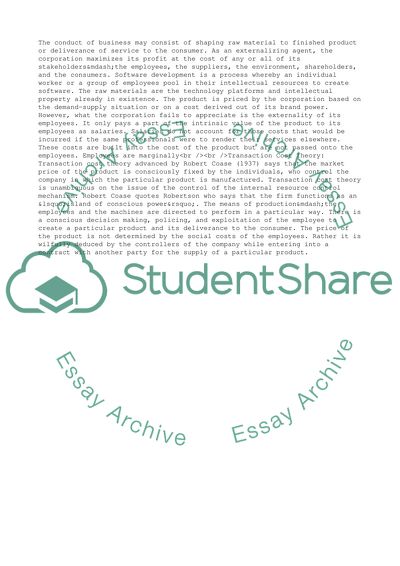Cite this document
(Ethic, Governance and Accountability Coursework, n.d.)
Ethic, Governance and Accountability Coursework. https://studentshare.org/management/1707664-ethic-governance-and-accountability
Ethic, Governance and Accountability Coursework. https://studentshare.org/management/1707664-ethic-governance-and-accountability
(Ethic, Governance and Accountability Coursework)
Ethic, Governance and Accountability Coursework. https://studentshare.org/management/1707664-ethic-governance-and-accountability.
Ethic, Governance and Accountability Coursework. https://studentshare.org/management/1707664-ethic-governance-and-accountability.
“Ethic, Governance and Accountability Coursework”. https://studentshare.org/management/1707664-ethic-governance-and-accountability.


